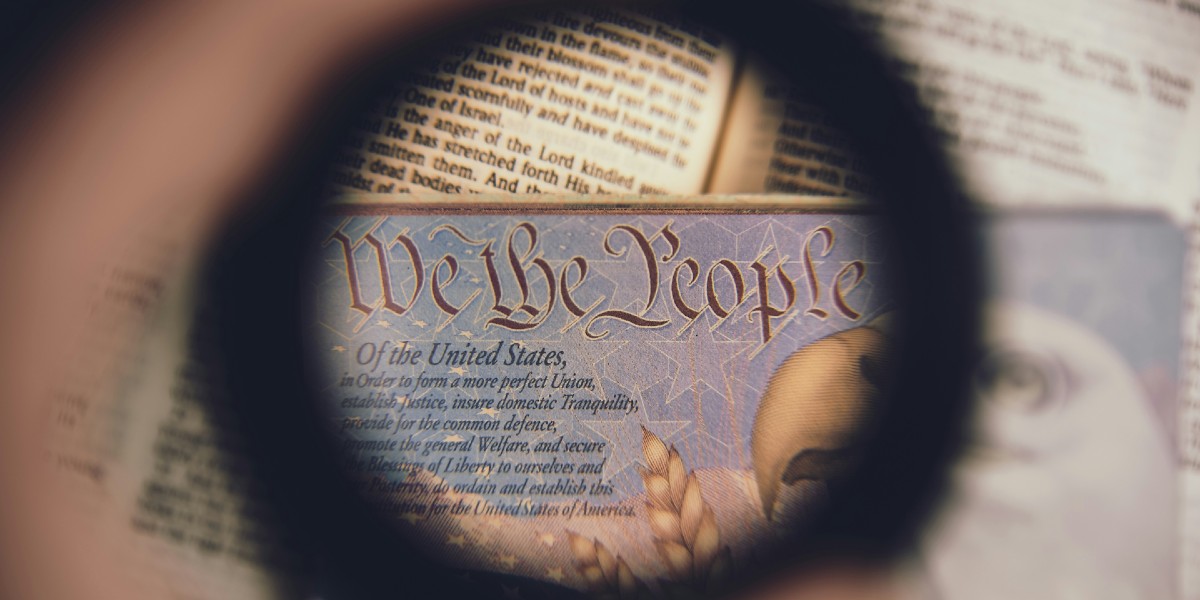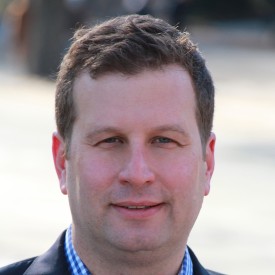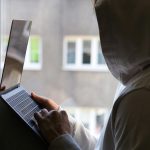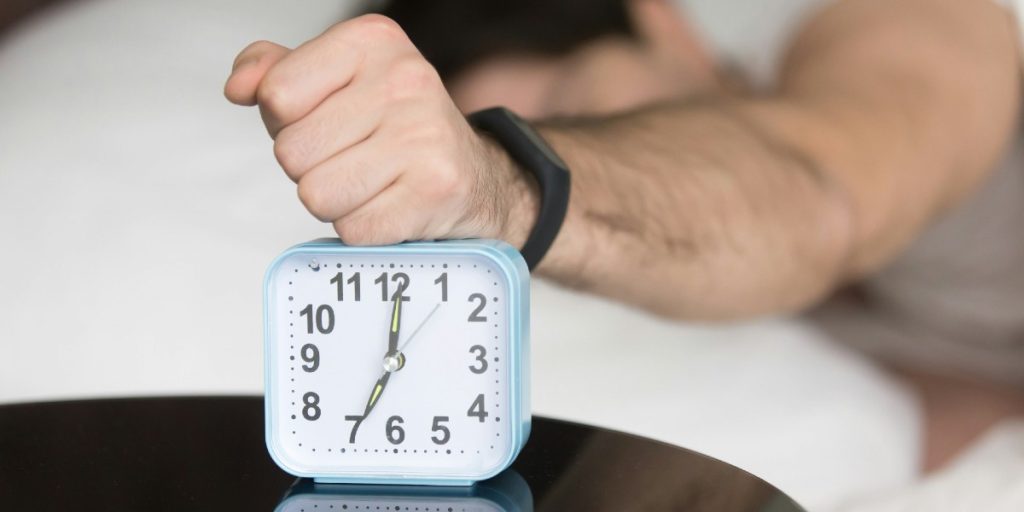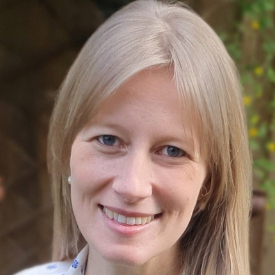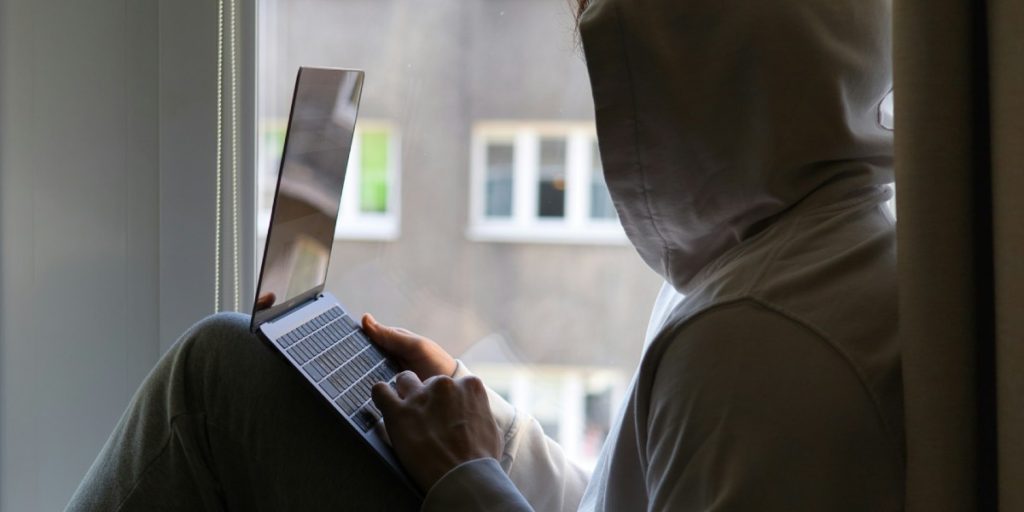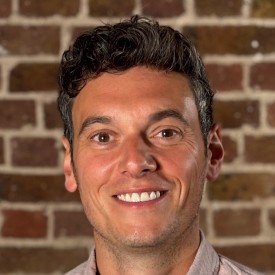Corey Brettschneider is a professor of political science at Brown University and a visiting professor of law at Fordham Law School. He has written for the New York Times, Politico, the Washington Post, and Time.
Below, Corey shares five key insights from his new book, The Presidents and the People: Five Leaders Who Threatened Democracy and the Citizens Who Fought to Defend It. Listen to the audio version—read by Corey himself—in the Next Big Idea App.

1. The right to dissent is fragile.
This right to dissent is often taken for granted. It’s thought to be in the Constitution, but our second president, John Adams, rejected the idea that the right of free speech in the First Amendment is a right to dissent. Part of why he rejected it is because he thought that the very idea of popular sovereignty––a government of “we the people” ––was not the right way to understand the American system. In fact, he thought that the president of the United States was more akin to a monarch than a democratically elected leader. Monarchs meant stability for their nations, and it followed from this perspective that critics couldn’t be allowed to criticize the president of the United States.
When John Adams and his party were caught trying to undermine the election of 1800, citizens fought back, but Adams’ party passed, and Adams himself signed the Alien and Sedition Acts. These acts make it a crime to criticize the president of the United States. But importantly, they allowed for criticism of the vice president, who at that time was Thomas Jefferson, a member of the opposition party. These were not neutral free speech limits. They were an attempt to shut down multi-party democracy.
The heroes of that moment were not the Supreme Court. In fact, one of the most prominent Supreme Court justices advocated for the Alien and Sedition Acts and participated in the prosecution of the editors who criticized Adams. Instead, the heroes came from the people themselves. They included the newspaper editors who found themselves prosecuted for their criticisms of Adams, and they celebrated these prosecutions as acts in defense of free speech. They publicized the transcripts of these trials, sometimes in newspapers. They advertised the fact that they were being prosecuted, and part of how they defended themselves was pointing to the newly passed First Amendment.
The editors wouldn’t find vindication in court, but they would through the election of 1800. That election became a referendum on whether or not “the right to free speech” included a democratic right to dissent. The editors prevailed with the election of Thomas Jefferson and, subsequently, James Madison. And with that victory, too, came the enshrinement of the First Amendment as a right to dissent in the American consciousness. So, when Madison was pressured to shut down the opposition party, this time because of an ongoing war, he refused to do so as a believer in the idea that the right to dissent was enshrined in the American Constitution.
2. We cannot trust courts to defend our most basic rights.
Courts have often been in league with presidents to attack democracy, and it has been citizens who have fought back. James Buchanan ran for president on a principle of neutrality on the question of slavery. But secretly, he lobbied the Supreme Court to decide the Dred Scott case in a broad way that would deny Black people legal personhood under the federal Constitution. When that case came down, Buchanan was opposed by a formerly enslaved person: Frederick Douglass, who was not only an orator but one of our greatest constitutional theorists. Douglass looked closely at the Constitution to argue that it contained moral principles that undermined the court’s decision not only in Dred Scott but generally regarding the rights of all Americans. He argued, for instance, that the Preamble spoke of “we the people,” not “we the white people.” He did so to bring out the democratic idea of the Constitution.
“Douglass looked closely at the Constitution to argue that it contained moral principles that undermined the court’s decision not only in Dred Scott but generally regarding the rights of all Americans.”
This was a very different way of opposing Buchanan and the Court from many abolitionists. Many abolitionists saw the Constitution as a pro-slavery document, as a kind of pact with the devil. Douglass instead fought back, vindicating the idea of the Constitution and arguing that courts should not be left to define it.
Ultimately, the vindication of Douglas’s ideas, after being persecuted by Buchanan and having to flee the country, came from the presidencies of Lincoln and especially the presidency of Grant. They made it clear that Black people had not only a right to personhood under the Constitution but extended it to an idea of equal protection and a right to vote.
3. Citizens, not scholars, are more attuned to the morality of the Constitution because they often have the most skin in the game.
Woodrow Wilson had been a scholar of the Constitution before his presidency and before he was governor of New Jersey, and he championed an idea in his books and lectures that the Constitution was fundamentally a document devoted to national efficiency. He argued that national efficiency was incompatible with what he called “friction.” Once he won the White House, Wilson justified the segregation of the federal government on the grounds that it was promoting efficiency and limiting friction. But journalists Ida B. Wells and William Monroe Trotter confronted Wilson in a White House meeting. Specifically, they argued that far from promoting efficiency, resegregation was enshrining an idea of second-class citizenship into the Constitution and nationalizing the concept of segregation.
Wilson fought back. He said that if they saw second-class citizenship in his actions, that was due to something they were imposing. But they resisted, arguing that separation was inherently unequal. That, of course, would be an idea that sparked a civil rights movement and eventually would be vindicated in the Supreme Court’s Brown case. We should see Brown not as its own victory, but as a vindication of that much earlier argument in which citizens saw the principles of the Constitution decades before the jurists of the Supreme Court.
4. No person, not even a president, should be immune from prosecution for their crimes.
A president should not be above the law. As I record this, the Supreme Court is considering the issue of presidential immunity, an idea that’s been embraced by bipartisan presidents like Richard Nixon and Bill Clinton. According to the idea of presidential immunity, when in office, a president can’t be prosecuted or indicted for even the most serious crimes. Right now, the Court may expand that idea to protect presidents even after they are in office. During Nixon’s presidency, the grand jury investigating Watergate saw things quite differently.
“Juror Elayne Edlund recounts that when Pregelj had called a straw poll of the jury, some jurors raised two hands to show their enthusiasm for indicting Nixon, and all voted to do so.”
Vladimir Pregelj and the other jurors of Grand Jury One rejected Nixon’s claims of immunity and executive privilege, and they insisted on their right to hear the Watergate tapes. After considering the evidence, they voted to indict the president of the United States. Juror Elayne Edlund recounts that when Pregelj had called a straw poll of the jury, some jurors raised two hands to show their enthusiasm for indicting Nixon, and all voted to do so.
Richard Nixon’s pardon by Gerald Ford wiped away the chance for these grand jurors to complete their prosecution of the president, and although Vladimir Pregelj had protested, there was little he could do at that point. So, the idea that a sitting president cannot be indicted is how we tend to think about things now. Still, a different vision has been found in history. The citizens of Grand Jury One stood for an idea still not vindicated: that the president should be accountable to the law, just as any other person is.
5. People need to form constitutional constituencies to see their ideas of the Constitution realized behind future presidents devoted to democratic restoration.
As much as many of the people profiled in my book opposed non-virtuous presidents, they still believed in the system and sought to vindicate it by supporting candidates and more virtuous presidents who had restored democracy. The newspaper editors prosecuted by Adams sought vindication in Jefferson and Madison; Frederick Douglass allied with Lincoln and later Grant to ensure that his ideas were realized in the Constitution; and the ideas of Trotter and Wells were eventually adopted by presidents like Truman and Johnson. In each of these cases, these citizens and readers of the Constitution galvanized a constituency behind them who eventually joined up with future presidents to recover the Constitution.
The presidency of Richard Nixon was very different. We haven’t recovered from the idea that a president is immune from prosecution. What will happen in the future if we are to restore democracy? That mechanism should and can be found again––of bringing candidates and future presidents to champion the ideas of the people––that has worked repeatedly because constitutional constituencies and their leaders galvanized their ideas and their political power behind candidates and presidents who seek to restore democracy. But in our own time, we face a grave new democratic threat. It’s not clear where this constituency is. We need a new constitutional constituency to emerge from the people to champion American democracy and ensure its survival. What form that constituency will take, how it will happen, and who it will be made up of remains to be seen. But if the people do not coalesce, the country may fail to recover from the current democratic crisis.
To listen to the audio version read by author Corey Brettschneider, download the Next Big Idea App today:












